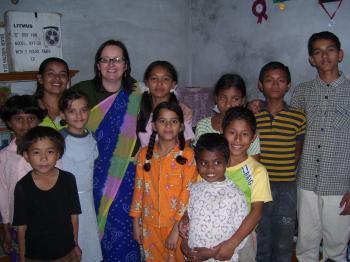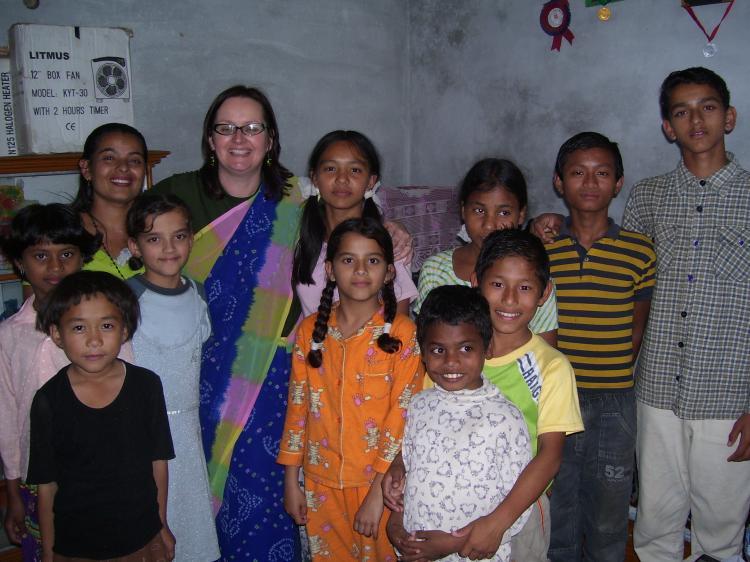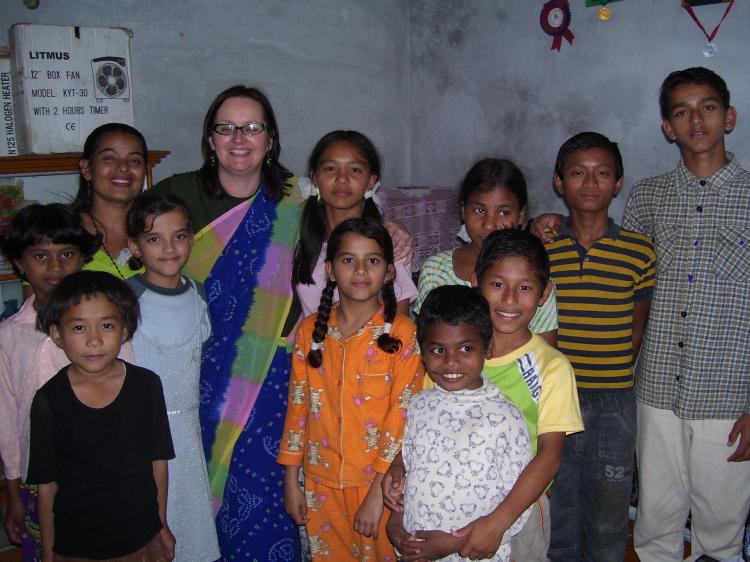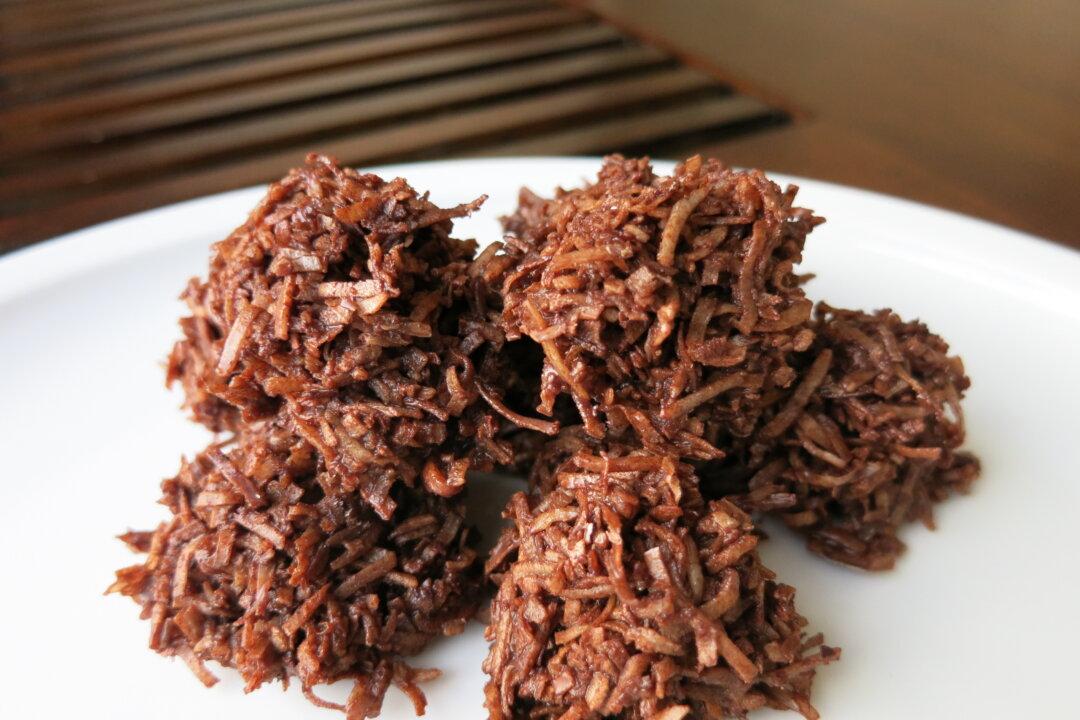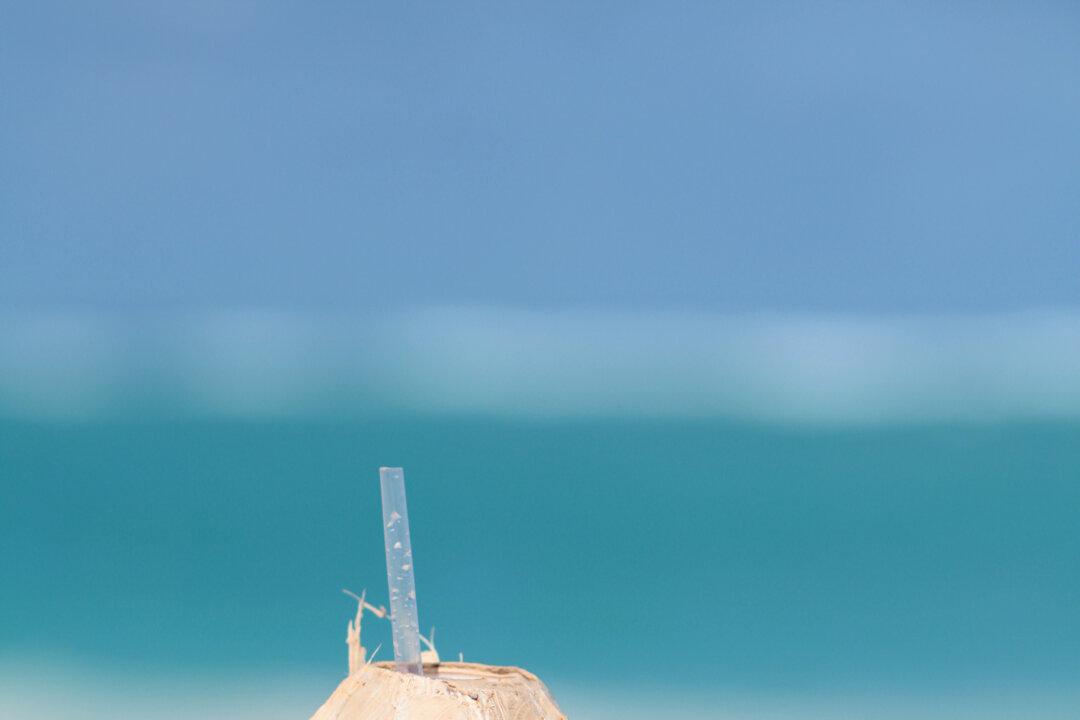Sue van Schreven was nine years old when she first read a book about orphans. It was called ‘The Family Nobody Wanted’, and was about a couple who adopted 12 orphans and shaped all their differences into a loving family. It was then that her dream to help orphaned children blossomed.
In 2004 Orphans Aid International (OAI) came to fruition as a non-for profit organisation dedicated to helping young orphans into homes in Romania, Russia, India and Nepal. The dream has come to life for Ms van Schreven, who is a Director along with her husband Carl.
“Every child’s situation is different. Many are just like you, and your heart goes out to them when you come to understand how they got into that situation.”
Orphans are children who have been abandoned or whose parents have died or disappeared. Most of the orphans Ms van Schreven works to help live in terrible conditions, in hospitals, or on the streets. They do not have a home, education or decent healthcare. Many of the countries she visits don’t have systems in place to care for these children.
“To know a child has been taken from a hospital cot where it lives 24/7, to the freedom of a family-type home is what makes all the hard work worth it,” she said.
“There’s a lot that can be done for them, you can go home, or you can make it your business.”
And she has made it her business. Ms van Schreven has travelled to four countries to create foster homes for orphans. A foster home in Romania, called Casa Kiwi, currently houses seven children and a resident mother and father.
In Kostroma, Russia, OIA are working with locals to co-ordinate care of orphans in institutions. A summer camp for children from alcoholic families will be held this year. They have also begun to provide medical care for children in Calcutta, India; and in Kathmandu, Nepal a loving home for 11 children has been created.
Ms van Shreven has just left New Zealand again for Romania where her and the team are working towards opening their second orphanage this year in Craiova, south Romania.
Her connection with the children is an integral part of her life.
“Most have emotional scars of one kind or another, it is impossible to be abandoned and institutionalised without coming away scarred. The young children in particular often have a quick catch up to where they would have been with their age group. Fears also begin to dissolve.”
She said OIA are not developed enough to be able to respond to disasters such as the recent earthquake in Sichuan, China, which left thousands of young orphans.
“The best we can do is support those organisations who can have personnel on the ground quickly.”
OAI has a around 35 volunteers working in New Zealand and they estimate that they have helped up to 80 children over the last four years. Their efforts continue to gather funds to be able to help more and more orphans.
Kathryn Casey, general manager for OIA New Zealand, said her family has often felt the financial strain as she works full time as a volunteer. But she says she knows what she’s doing is all worth it.
“We live in a society that always thinks of ourselves first, but we should be thinking of others first, or those who are less fortunate. And to see these children with no homes, no family, I feel compelled to help” she said.
To raise money in New Zealand, OAI sells donated goods on the popular trading website TradeMe. Goods such as clothes, snowboards, and teddy bears have all ben donated for sale on the site.
Invercargill is home to the only OAI opportunity shop, where locals donate goods and, when sold, the money is sent overseas to help fund homes for the orphans.
Ms van Schreven and the team at Orphans Aid have high hopes for the future.The community support and sponsorship is what keeps OAI running, so next time you clean out your closet, consider donating some goods to Orphans Aid International.
For more information on OAI visit: www.orphansaidinternational.org
In 2004 Orphans Aid International (OAI) came to fruition as a non-for profit organisation dedicated to helping young orphans into homes in Romania, Russia, India and Nepal. The dream has come to life for Ms van Schreven, who is a Director along with her husband Carl.
“Every child’s situation is different. Many are just like you, and your heart goes out to them when you come to understand how they got into that situation.”
Orphans are children who have been abandoned or whose parents have died or disappeared. Most of the orphans Ms van Schreven works to help live in terrible conditions, in hospitals, or on the streets. They do not have a home, education or decent healthcare. Many of the countries she visits don’t have systems in place to care for these children.
“To know a child has been taken from a hospital cot where it lives 24/7, to the freedom of a family-type home is what makes all the hard work worth it,” she said.
“There’s a lot that can be done for them, you can go home, or you can make it your business.”
And she has made it her business. Ms van Schreven has travelled to four countries to create foster homes for orphans. A foster home in Romania, called Casa Kiwi, currently houses seven children and a resident mother and father.
In Kostroma, Russia, OIA are working with locals to co-ordinate care of orphans in institutions. A summer camp for children from alcoholic families will be held this year. They have also begun to provide medical care for children in Calcutta, India; and in Kathmandu, Nepal a loving home for 11 children has been created.
Ms van Shreven has just left New Zealand again for Romania where her and the team are working towards opening their second orphanage this year in Craiova, south Romania.
Her connection with the children is an integral part of her life.
“Most have emotional scars of one kind or another, it is impossible to be abandoned and institutionalised without coming away scarred. The young children in particular often have a quick catch up to where they would have been with their age group. Fears also begin to dissolve.”
She said OIA are not developed enough to be able to respond to disasters such as the recent earthquake in Sichuan, China, which left thousands of young orphans.
“The best we can do is support those organisations who can have personnel on the ground quickly.”
OAI has a around 35 volunteers working in New Zealand and they estimate that they have helped up to 80 children over the last four years. Their efforts continue to gather funds to be able to help more and more orphans.
Kathryn Casey, general manager for OIA New Zealand, said her family has often felt the financial strain as she works full time as a volunteer. But she says she knows what she’s doing is all worth it.
“We live in a society that always thinks of ourselves first, but we should be thinking of others first, or those who are less fortunate. And to see these children with no homes, no family, I feel compelled to help” she said.
To raise money in New Zealand, OAI sells donated goods on the popular trading website TradeMe. Goods such as clothes, snowboards, and teddy bears have all ben donated for sale on the site.
Invercargill is home to the only OAI opportunity shop, where locals donate goods and, when sold, the money is sent overseas to help fund homes for the orphans.
Ms van Schreven and the team at Orphans Aid have high hopes for the future.The community support and sponsorship is what keeps OAI running, so next time you clean out your closet, consider donating some goods to Orphans Aid International.
For more information on OAI visit: www.orphansaidinternational.org

